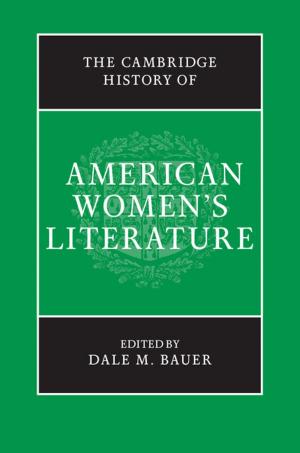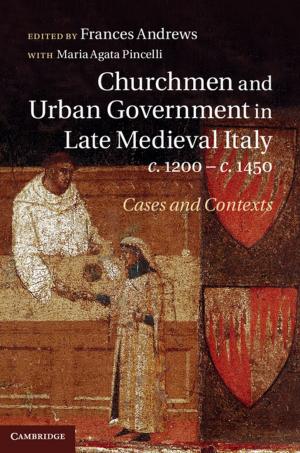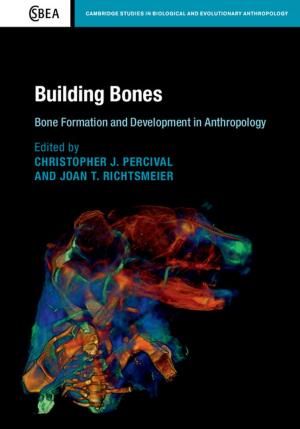A History of African Motherhood
The Case of Uganda, 700–1900
Nonfiction, History, Africa, Social & Cultural Studies, Social Science| Author: | Professor Rhiannon Stephens | ISBN: | 9781107241626 |
| Publisher: | Cambridge University Press | Publication: | September 2, 2013 |
| Imprint: | Cambridge University Press | Language: | English |
| Author: | Professor Rhiannon Stephens |
| ISBN: | 9781107241626 |
| Publisher: | Cambridge University Press |
| Publication: | September 2, 2013 |
| Imprint: | Cambridge University Press |
| Language: | English |
This history of African motherhood over the longue durée demonstrates that it was, ideologically and practically, central to social, economic, cultural and political life. The book explores how people in the North Nyanzan societies of Uganda used an ideology of motherhood to shape their communities. More than biology, motherhood created essential social and political connections that cut across patrilineal and cultural-linguistic divides. The importance of motherhood as an ideology and a social institution meant that in chiefdoms and kingdoms queen mothers were powerful officials who legitimated the power of kings. This was the case in Buganda, the many kingdoms of Busoga, and the polities of Bugwere. By taking a long-term perspective from c.700 to 1900 CE and using an interdisciplinary approach - drawing on historical linguistics, comparative ethnography, and oral traditions and literature, as well as archival sources - this book shows the durability, mutability and complexity of ideologies of motherhood in this region.
This history of African motherhood over the longue durée demonstrates that it was, ideologically and practically, central to social, economic, cultural and political life. The book explores how people in the North Nyanzan societies of Uganda used an ideology of motherhood to shape their communities. More than biology, motherhood created essential social and political connections that cut across patrilineal and cultural-linguistic divides. The importance of motherhood as an ideology and a social institution meant that in chiefdoms and kingdoms queen mothers were powerful officials who legitimated the power of kings. This was the case in Buganda, the many kingdoms of Busoga, and the polities of Bugwere. By taking a long-term perspective from c.700 to 1900 CE and using an interdisciplinary approach - drawing on historical linguistics, comparative ethnography, and oral traditions and literature, as well as archival sources - this book shows the durability, mutability and complexity of ideologies of motherhood in this region.















